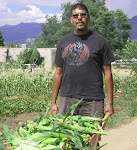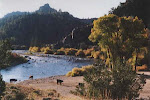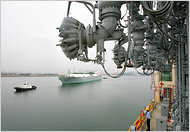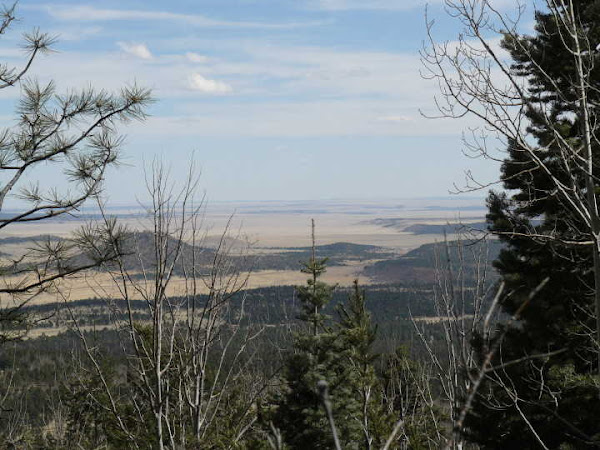March 25, 2011 |
Despite the testimonies of the people living by gas drilling, the companies have yet to be held accountable for damages. That might change.
Jeff and Rhonda Locker's water changed abruptly one day in the mid-1990s while Rhonda was doing the laundry. A Denver-based gas company was working over an old well in back of their house, when the wash water turned black. "It happened just like that," Jeff Locker says. "I stopped him and asked him what he did to our water, and of course he didn't do anything to our water... It's been bad ever since."
Donna Meeks' well water was so good, she used to haul it to town for the school office coffee pot. Neither she nor her husband Louis noticed anything wrong until her co-workers stopped drinking the coffee; it was 2004, and a Canadian company, EnCana, had just drilled a new well about 500 feet from the Meeks home. Some visiting friends later said they noticed the water tasted and smelled like gas, but didn't want to be rude by saying anything about it.
John and Cathy Fenton had no reason to suspect there was anything wrong with their water--it tasted fine. But just to be neighborly, they went along with the Lockers, the Meeks, and other Pavillion-area residents when the Environmental Protection Agency came in 2009 for an initial round of testing. That's when they found out that their family had been drinking water laced with methane. Follow-up tests a year later found a whole soup's worth of semi-volatile organic compounds in the family's stock well.
There's something karmic about the possibility that Pavillion, Wyoming, might be the first community to prove its water damaged by natural gas production. While water literally is life everywhere in the arid West, here it's the epicenter for deep social and political divisions.









































